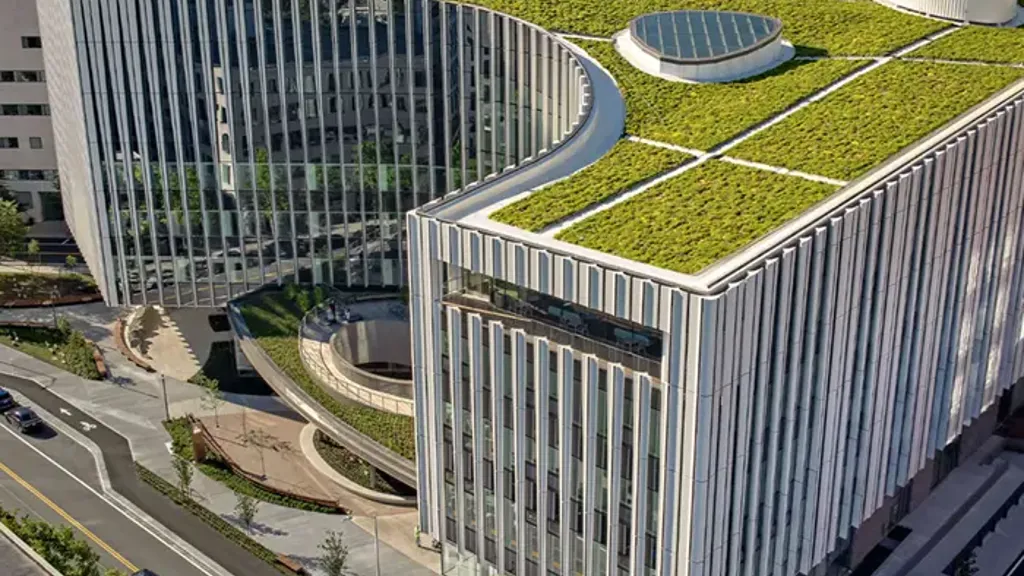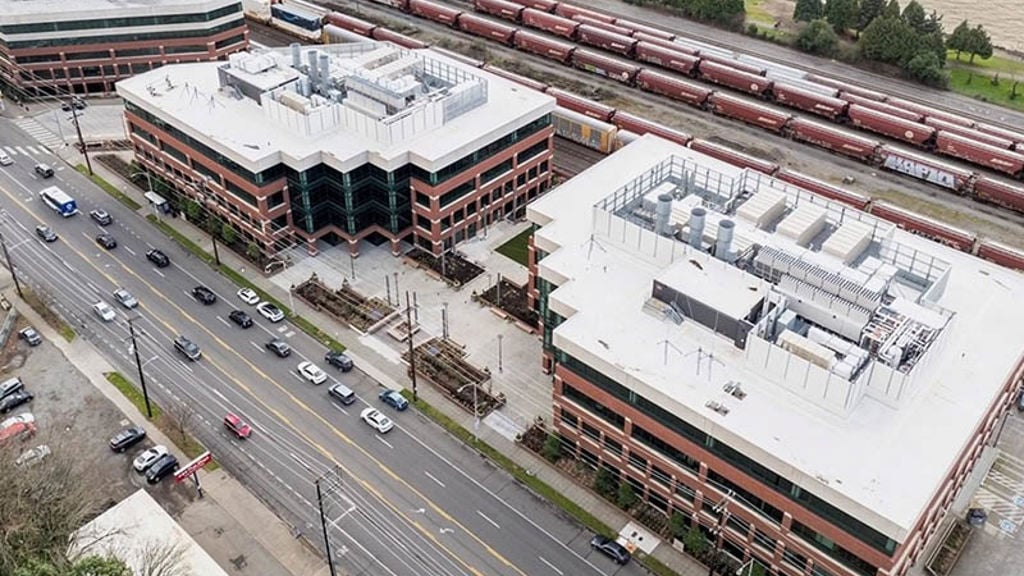Clean rooms & cGMP Facilities
The highly controlled environment of a clean room (or cleanroom) is essential to the life sciences industry.
Get in touch with our team

Clean rooms require meticulous contamination control, precise airflow, pressurisation, and ventilation systems. They must be able to maintain specific temperatures, humidity levels and containment systems. Successful design, construction, and validation of clean rooms relies on establishing an accurate brief and a clear understanding of the flow of people and materials.
Arup has experience desiging clean rooms for a broad range of demands including microelectronics manufacturing, pharmaceutical production and university research. Our engineering services include specialist structural, fire and acoustics design, as well as mechanical, electrical and public health design. All of our clean rooms meet stringent industry standards, including EN ISO 14644 and EU GMP as well as FDE209D.
Our specialists have significant expertise in designing building/process utility systems, including clean steam, clean air systems, industrial gases, vacuum systems and process waters (deionised water, purified water, and water for injection).
Energy efficiency and decarbonisation is particularly challenging with clean rooms, as they can consume up to one hundred times the energy of a comparably sized commercial structure. Our teams use proven solutions around energy efficiency and management, as well as computational fluid dynamics (CFD) analysis to optimise airflow performance to achieve cleanliness improvements and enhancing effectiveness, all while reducing costs and carbon impact. (CFD can also assist clients meet requirements for airflow, pressurisation, and contamination control strategies.)
To future-proof its business, our client – a leading global life sciences group – wanted a global partner to design and implement a production facilities upgrade programme, delivering technical standardisation and improving production resilience worldwide.
Building on an initial collaboration, the programme was extended to cover 33 of the firm’s production facilities, and our scope expanded to include the creation and roll-out of a global BIM strategy, and support with technical standardisation and knowledge management. During the course of the global upgrade program, Arup’s specialists have developed design concepts for about 270,000m² of clean room area – roughly equivalent to around 38 football pitches.
Explore
Find out more about how our services can support you:
Projects
Explore more science projects

Shaping the future of research environment
Innovent Biologics Global R&D Center, Mainland China

A space for life-saving research
Ragon Institute, United States of America

Designing high-performance laboratory infrastructure to foster research collaboration
Pacific Northwest National Laboratory Grid Storage Launchpad (GSL), United States of America

Employing adaptive reuse to support Seattle’s growing life sciences industry
Unison Elliott Bay, United States of America
Life sciences
At Arup, we approach life science projects with innovation, meticulous problem-solving and diligence, all underpinned by a commitment to sustainability.

